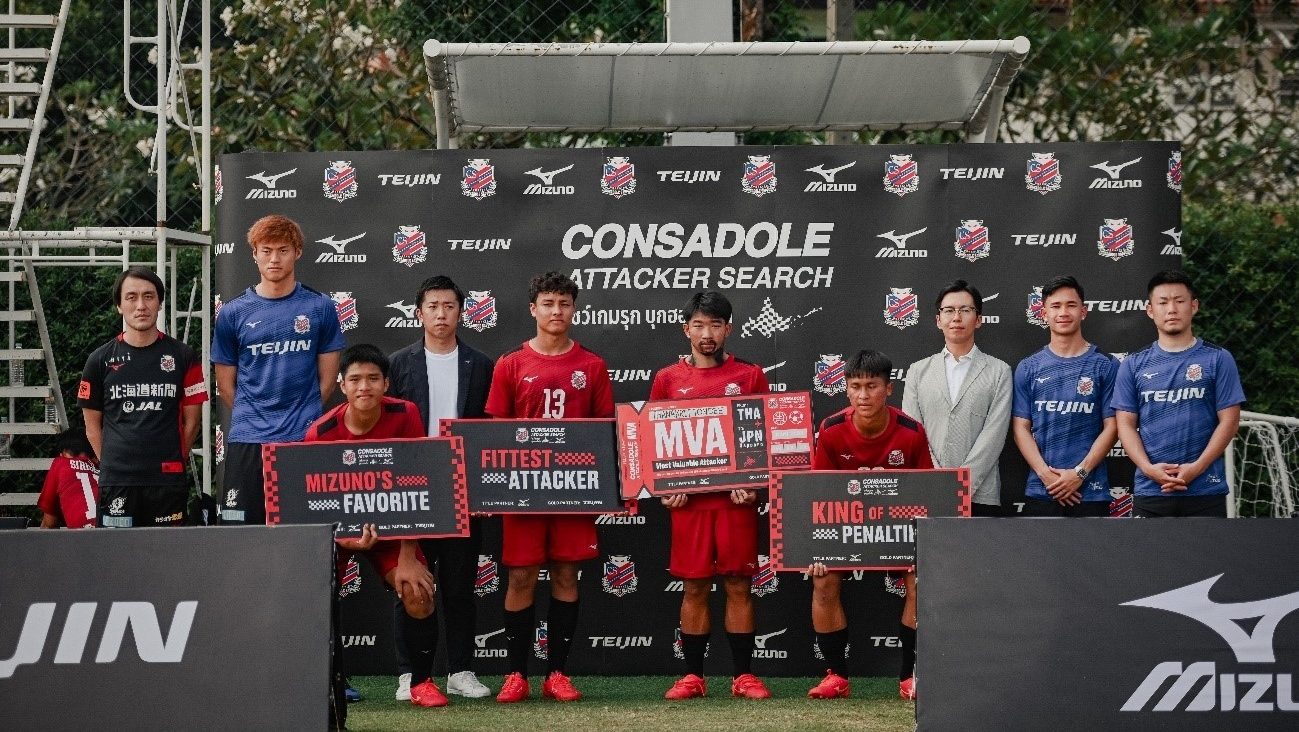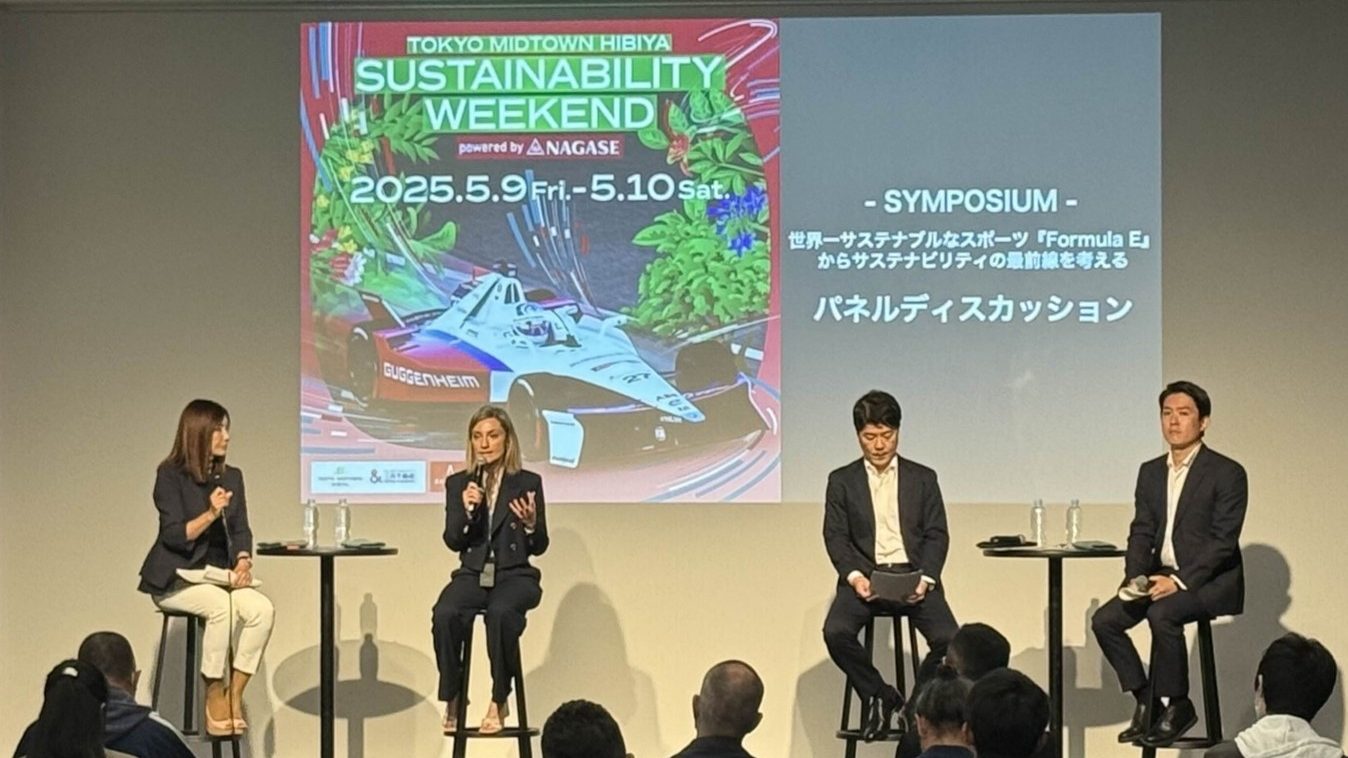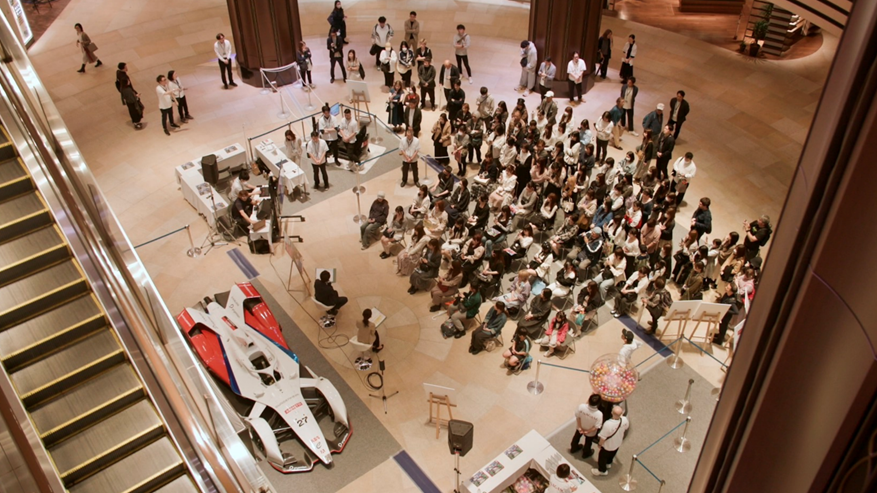
I have been privileged to work in the global sports industry and my career has included working on FIFA tournaments, Olympic Paralympic events and the world’s most prestigious tennis Grand Slams such as Wimbledon and the Australian Open. I have seen the power of sports to enable connection between people from various backgrounds and nationalities. Sports may even offer a solution to one of the biggest issues on Japan’s horizon.
The Japan sports industry is expanding rapidly and offering opportunities for entrants especially in the areas of commercialization. Nevertheless, it is very competitive for young people with no work experience to get a start in the sports business industry. Often it is a case of “who you know” rather than “what you know”. In my case, it was a combination of the two since my first sports marketing role came via an introduction from a friend to someone in Beijing looking for a Japanese language speaker. I don’t think they expected me to knock on their door!
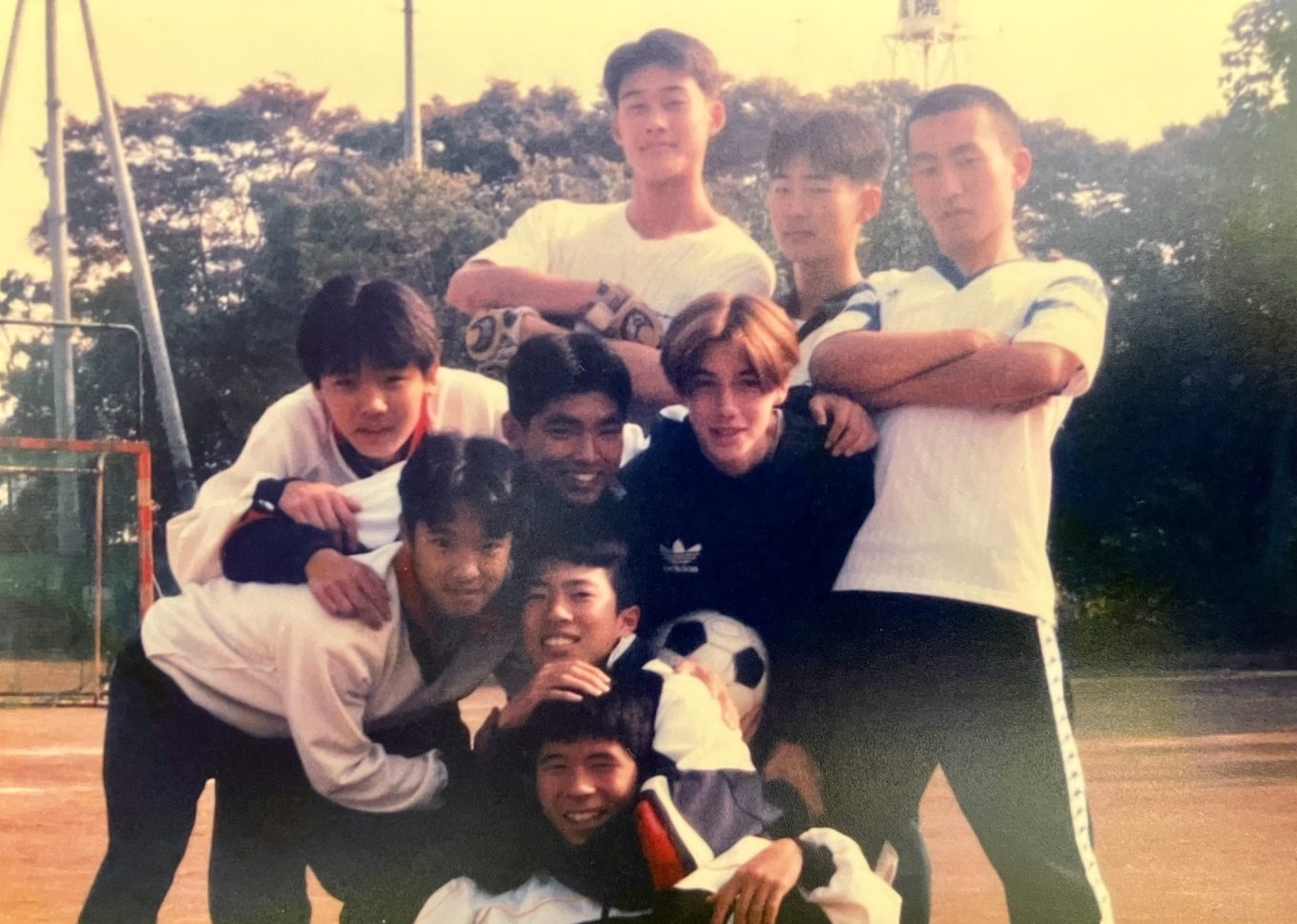
I owe my language ability to the 8 months I spent immersed in Japanese society as a 15-year-old exchange student living with a host family and attending a local high school in Yokohama in 1994. I spoke almost no Japanese when I arrived and thanks to my host family’s kindness and my classmate’s patience. I was able to hold conversations after 2-3 months. A large part of overcoming homesickness and overcoming the shocking newness of everything was thanks to my soccer teammates who I would practice with almost every day as part of the bukatsu, or club, activities. I remember the shift to feeling settled in the rhythm of daily life and looking forward to going to school each day. The bukatsu system is an example of Japan’s ability to organize at scale and the participation rates are world leading. Focusing on girls’ sports as an example, there are 3,617 basketball and 3,689 volleyball teams registered with the Japan High School Athletic Federation. In 2021, Japan’s women’s basketball silver medal at Tokyo 2020 may have come as a surprise to many outside Japan but not to those who understand the power of having a large participation base from which elite talent can emerge.
My next insight into sports in Japan was in the early 2000s working as an English teacher posted to a small village in Hokkaido. As a sports lover I was delighted to learn the importance of sports to the local community within the fishing village. People of all ages and walks of life met weekly at the community hall or gym to play volleyball or “soft volley” (a version favored by less mobile, older people using a smaller court, lower net and beachball). Through these interactions I learned a lot about my neighbors and the families of the kids I was teaching. More recently, I worked for New Zealand Rugby’s major sponsor, AIG, to promote the All Blacks and Black Ferns in the lead up to the Rugby World Cup 2019. One particularly memorable moment was legendary All Black captain, Richie McCaw, passing a rugby ball back and forth with the Mayor of Nagoya. The Mayor, in a full suit and dress shoes, jumped around and was having a great time. All in front of surprised members of the local media who had probably never such seen a playful side of a bureaucrat. It brought home to me the nature of sports as a language.
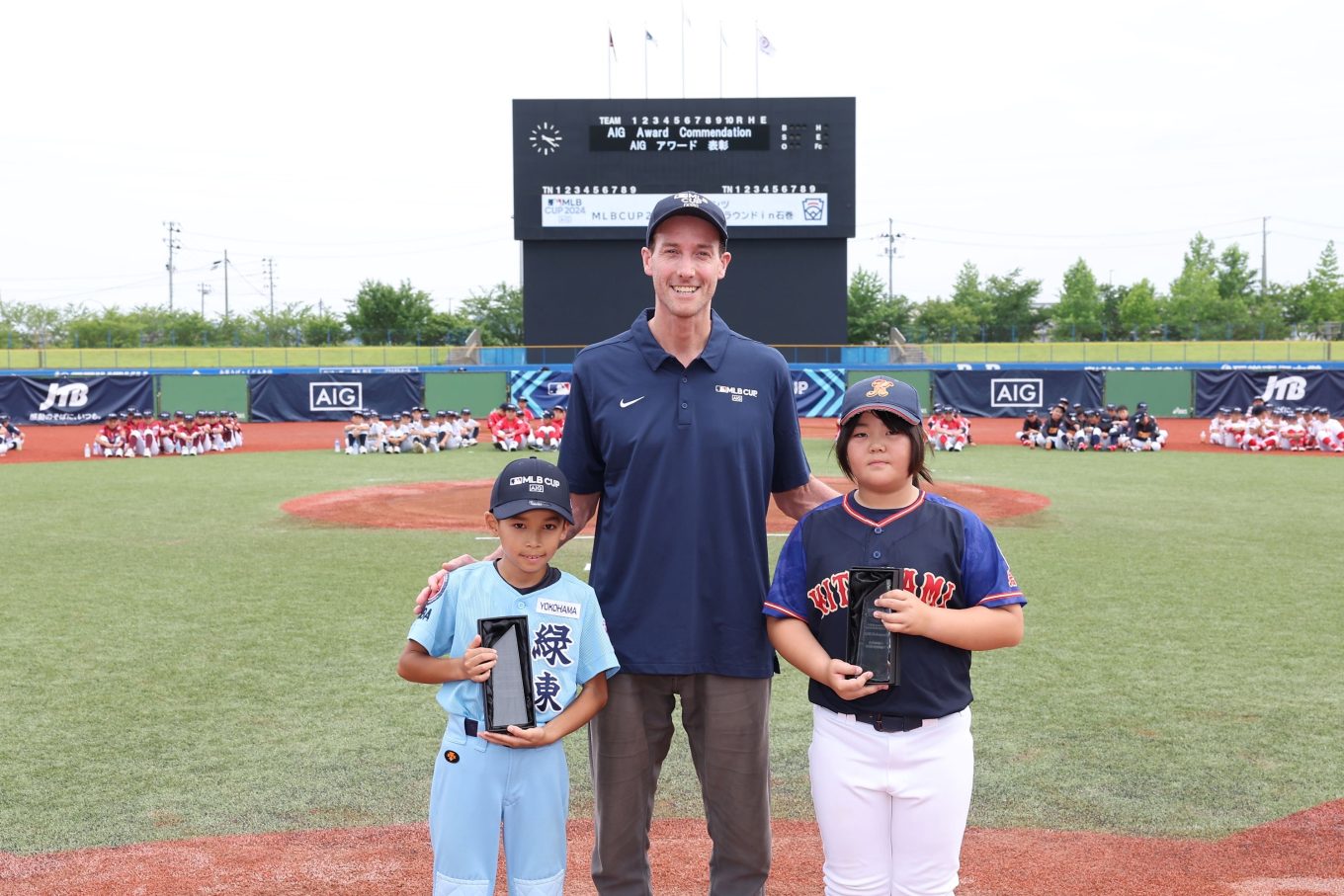
In 2024, my work involved working with Major League Baseball (MLB) Japan on their grassroots baseball competition, MLB Cup. As a foreign insurer in Japan, it is important that my company AIG displays its commitment to Japanese communities. Organizing baseball clinics for 3rd-5th grade boys and girls all over Japan is a great way to take action to demonstrate that commitment and MLB Japan assists us by inviting MLB Legends, former Japanese stars of the MLB, to attend as special guests. It has been amazing to see the difference the Legends can make, especially to the pitchers’ confidence, just by offering a small piece of advice. These young pitchers are quite literally the next generation of stars joining a lineage of challengers who want to test their skills on the biggest stage of all, the Major League. However, the playing population of this next generation is shrinking due to Japan’s ageing population demographics.
Japan’s ageing population is one of the largest issues on the horizon and along with it the pressures that will inevitably fall on the youth to bear the burden of supporting their elders. A potential antidote is increasing immigration and bringing in foreign workers across a variety of industries. However, that brings with it concerns of destabilizing the harmony of Japanese society. Many academics and government ministries are focusing on solving this issue at a macro level through government policy and work program incentives. If there comes a time when practical solutions are sought to better acclimatize newly arrived foreign workers at a micro level, I suggest introducing them to the local sports teams. I was fortunate to experience the inclusion and mutual understanding which team sports foster between people of various backgrounds. From personal experience, participating in a shared mode of play with familiar rules can support an important first step to feeling comfortable and transiting to a new land. From there the possibilities are endless.

◇Sam Pearson
Sports Marketing & Communications Senior Manager, Regional Marketing, AIG Japan Holdings KK
Focus on the sports and entertainment branding. Specialized in creating and maximizing the value of companies, National Federations, and athletes.
Has experience working on tours and events for rights holders such as FIFA, WTA, and MLB.
Fluent in English, Japanese, and Chinese. JSPIN Advisor.

